Course Description
“A reader lives a thousand lives before he dies, and the one who doesn’t read, lives just one.” –RR Martin
Books are incredibly powerful. They have the ability to mesmerize us, take us on adventures, and influence the way we think. Books teach us, move us, and shape us. The most powerful ones change our lives forever.
In Literature & Composition 9/10, students read a variety of rich, enjoyable, and challenging texts that help them develop their love for reading. This year-long literature course is organized around the study of various genres of literature, including classic American and British novels, nonfiction expository texts, drama, and poetry. The development of clear argumentation, support, and structure of analytical paragraphs and essays is emphasized. Students construct multi-paragraph essays that respond to nonfiction texts, analyze literature, and persuade an audience. Analysis and critical thinking skills are developed as students explore the significance of texts and the elements of writing that create meaning. Students are challenged to grow in their language skills through class discussions, formal and informal writing assignments, creative projects, in-class debates, and oral presentations. Vocabulary, grammar, and punctuation skills also continue to be practiced. Special emphasis is also placed on developing sound research skills. The spring semester is dedicated to the development of a research essay/project. This course thoroughly prepares students to tackle the rigors of college-preparatory coursework in subsequent high school years.
While reading and enjoying powerful, mesmerizing, and life-changing books, students practice the following skills:
- Citing evidence that best supports what a literary or informational text says as well as what it implies or suggests
- Analyzing the way an author develops the theme or central idea of a text and which details shape and refine it
- Outlining the argument and specific claims in a text and evaluating whether the reasoning is valid (not faulty) and if there is enough relevant and meaningful evidence to support the claims
- Writing valid arguments to support claims on important topics or texts and including evidence from text that supports thinking and research
- Writing informative or explanatory papers that examine a topic and express ideas by carefully selecting and analyzing information
- Composing creative stories about real or imaginary experience that develop story elements such as character, a well-sequenced plot, and descriptive details
- Understanding vocabulary and the way an author’s use of language affects the meaning and tone of a text
- Using different strategies to understand new words and phrases
- Practicing basic rules of English grammar, capitalization, punctuation, and spelling in written work
- Initiating and participating in class discussions about complex topics, texts, and issues and being able to draw on textual or research evidence when expressing ideas; responding thoughtfully to diverse perspectives and making new connections based on evidence and reasoning presented by others
- Listening to and evaluating another speaker’s point of view, reasoning and use of evidence and identifying faulty reasoning or misleading evidence
- Giving well-organized presentations that express information, research findings, and support evidence clearly, concisely, and logically
- Conducting short and long research projects to answer a question and combining information from multiple print and online sources, showing an understanding of the topic
- Locating and evaluating the usefulness and credibility of sources when answering a research question
- Citing sources appropriately to avoid plagiarizing or copying
Seven books are required for this course and should be purchased in advance and brought to class as needed. Internet links to short stories, poetry, articles, and speeches are provided by the instructor. Because an important component of this class is learning to provide textual evidence when writing about or discussing literature, it is helpful for all students to acquire the same editions of each book. It is important for the students to be “on the same page,” so please refer to the ISBN numbers in the Required Texts tab above when ordering.
Basic Supplies
- a 2-inch, three-ring binder
- set of dividers, preferably with pockets (5-6)
- lined notebook paper for binder
- a composition notebook or spiral for journaling (unless a digital option is preferred)
- highlighters–yellow, green, blue, pink, orange
- Post-It Notes (various sizes, shapes, colors–yellow, green, blue, pink, orange)
- pens and pencils, erasers
- colored pencils, thin markers
- white, unlined copy paper (stored in course binder)
Course Structure
Weekly homework includes vocabulary, grammar/mechanics, reading, and writing assignments. Students read while annotating an assigned novel, short story, poem, or article. Students are also asked to respond to the literature through a variety of methods including thought-provoking questions, story summary charts, essay-writing, group assignments, online discussion boards, journaling, oral reports, in-class debates, and projects.
Honors Level
For students who desire more of a challenge or wish to pursue a more in-depth study and analysis of literature, an honors level for this course is offered. Students participating in the honors level have the option to complete additional thought-provoking, creative, and analytical writing assignments and projects. Please see the course calendar for a list of honors level assignments.
Who should enroll?
This class is designed for 10th graders and advanced 9th graders. Students who have taken Literature and Composition 8/9 will be well prepared.
The class size (for each section) is limited to 15 students to allow for a conducive learning environment and optimal teacher oversight on assignments.
Technology Requirements
- High speed, broadband Internet
- Webcam, headset, and microphone (for live sessions)
- Streaming video capabilities to watch recorded lectures
- Microsoft Word and PowerPoint are extremely helpful. If using a different word processing program, the documents should be saved or exported as a pdf in order to submit it on Canvas.
- Downloading the free CamScanner app is encouraged for submitting multiple pages as one PDF.
A variety of apps and online resources are utilized in this class to enhance learning, engage students, and communicate effectively with students and parents. Student privacy and safety are important to Aim Academy. We carefully review the privacy policy of each website/app and secure parental permission before asking students to create an account for an online resource outside of Canvas.
Evaluation and Feedback
Asking students to demonstrate their understanding of the subject matter is an integral part of the learning process. Periodic vocabulary and grammar quizzes are assigned. Comprehension of literature is assessed formally and informally through live class and online discussion and through written responses such as journal entries, multi-paragraph essays, graphic organizers, and exams. Students are also asked to demonstrate mastery and application of course material by completing special, creative projects and oral presentations.
Providing consistent feedback is imperative for student growth and success especially with writing. For this reason, I provide a detailed critique of each major writing assignment as well as general comments on all other assignments.
Communication
Communication is an essential component of any educational endeavor. With that in mind, I encourage all of my students to contact me whenever they need assistance with an assignment, and I make it a priority to promptly respond to student inquiries. I also send weekly “wrap-up” announcements outlining the learning objectives accomplished in class as well as reminders about upcoming assignments.
Beyond email correspondence, I have set aside an additional hour each week to assist students with writing, grammar, and literary skills. To participate in this extra learning opportunity, students should register separately. See Language Arts Lab 9/10 for details and to register.
Parental inquiries are welcomed and encouraged as parental involvement is essential to student success. To best serve parents, I have established “office hours” on Friday mornings from 9:00–11:00 AM (ET) for responding to emails and phone calls. I consider it a great privilege to be able to walk alongside parents and assist them in educating their children.
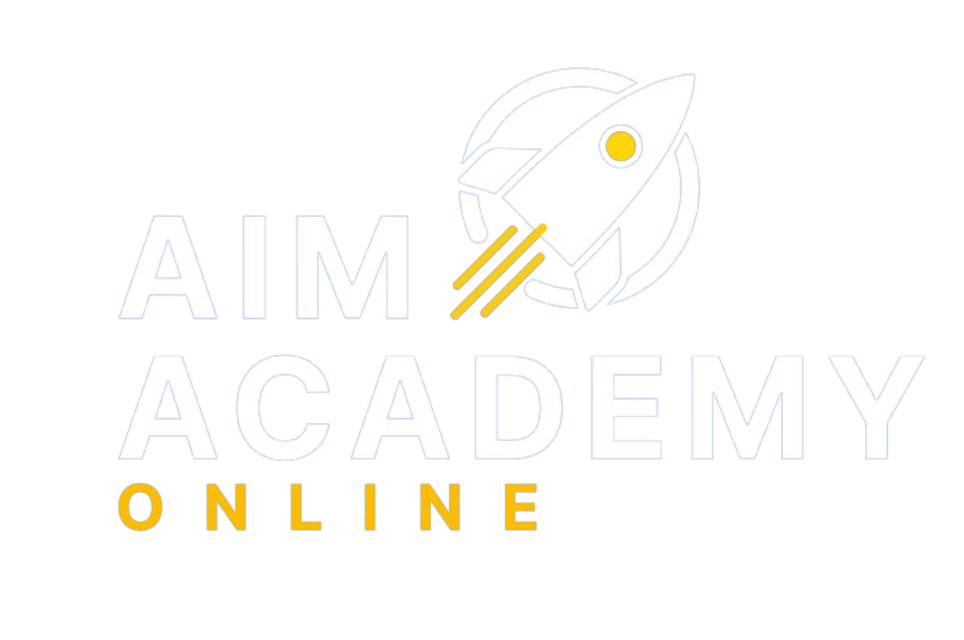
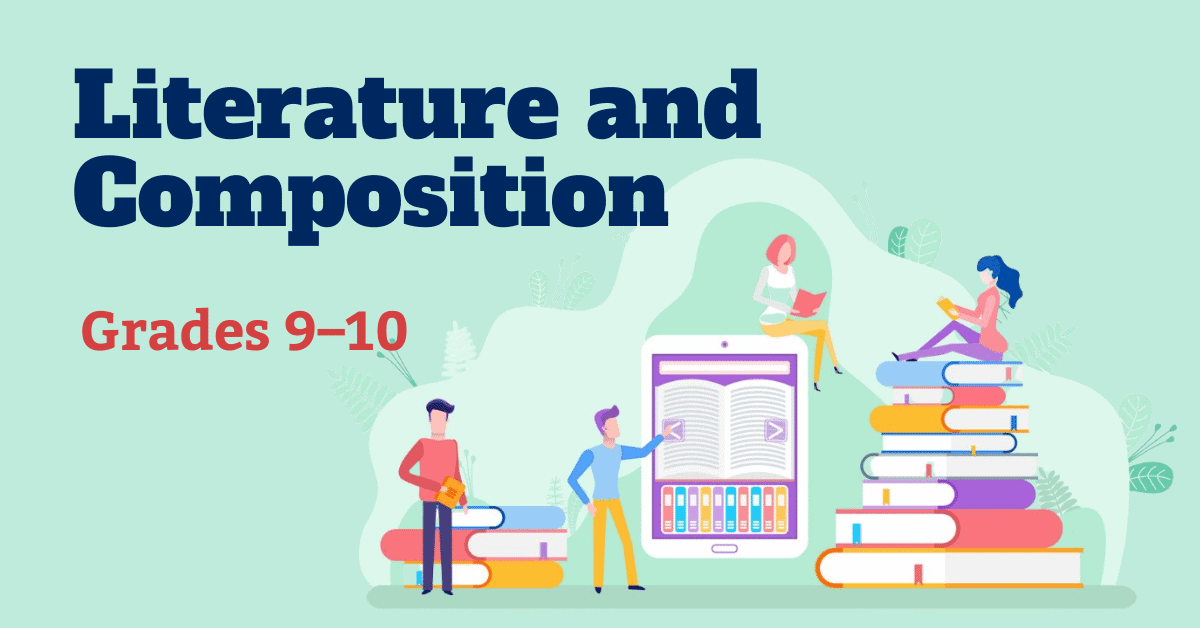

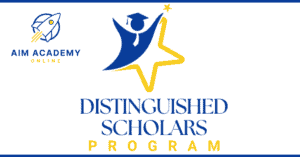

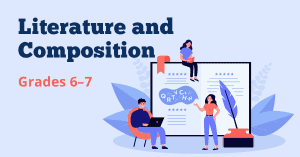
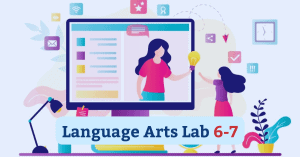
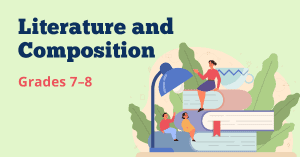
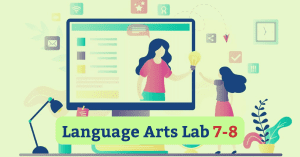
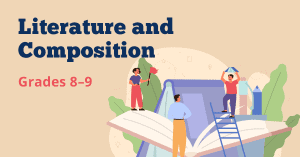

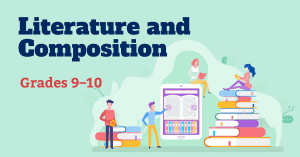


Dorothy –
I cannot say enough great things about Mrs. Cook’s Lit and Comp classes. We have twin boys that are finishing up this class and they completed the 8/9 class last year. Both boys are sad that they will not have her for a teacher after this. She makes literature and writing a ton of fun for her students! The Honor track that she offers is a great academic boost for your student as well. Thanks, Mrs. Cook! We will miss you!
cheyenne –
I really enjoyed this class! It was a tough and challenging class for me. Literature has never been my favorite subjects but I’m really starting to like it after taking Mrs. Cook’s class. I very much recommend this class to people who don’t like literature or love literature.